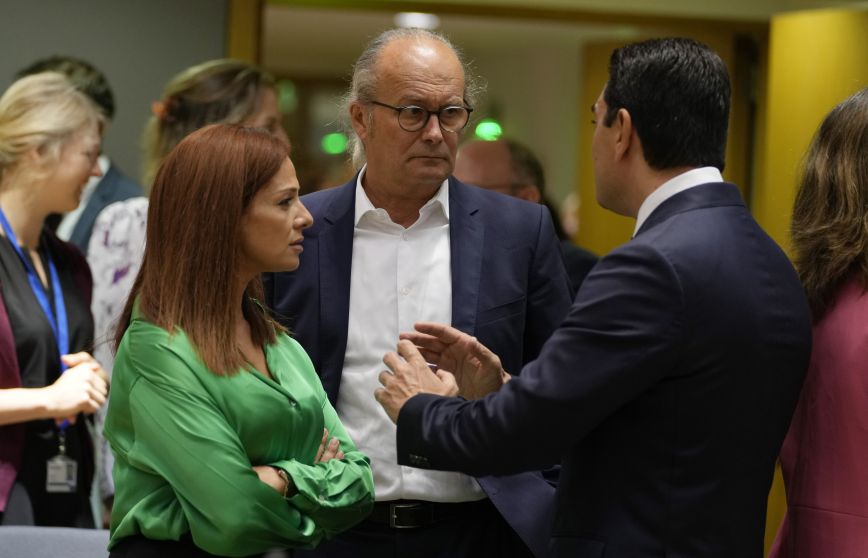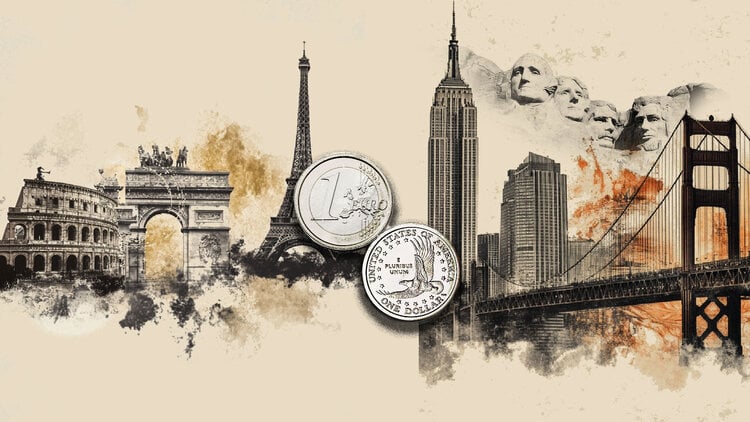
Aiming to stem the rise in gas and electricity prices following Russia’s invasion of Ukraine, European Union energy ministers will try today to agree on a series of emergency measures. Under great pressure, the European Commission has submitted to the 27 member states an armory of mechanisms, some of which are extremely complexwith the hope of drawing up a text next week that will secure sufficient consensus to be adopted immediately.
Although the idea to tax nuclear and renewable energy companies’ windfall profits and redistribute the resulting revenues was well received, member countries remain divided on the issue of imposing a ceiling on the price of Russian natural gas.
At the heart of the dialogue are the dysfunctions of the European electricity market, where the wholesale price is linked to the price of the last plant to meet the demand, often a gas-fired plant.
Redistribution of “surplus profits”
The Commission proposes to impose a ceiling on the revenues of nuclear energy and renewable energy companies (wind, solar, biomass, hydroelectric) that sell at a price much higher than their production costs.
States may subtract the difference between the cap (the level of 200 euros per megawatt hour is being discussed) and the market price and redistribute the “surplus profits” to vulnerable households and businesses.
“The idea received enormous support from the states”, but “the devil is in the details, the ceiling must be decided”, said a European diplomat, as reported by the German Agency and relayed by the Athens News Agency. Berlin and Paris proposed this mechanism.
At the same time, the European Commission wants to create a “temporary solidarity fee” for producers and distributors of gas, coal and oil, which are favored by the take-off of prices on a global scale.
There needs to be a “taboo-free discussion” about “the energy groups that make extraordinary profits in wartime,” Austrian Minister Leonore Gevesler said Thursday.
“Unconstructive”
After the agreement of 27 at the end of July in order to limit consumption gas in the EU, the Commission also proposes to set “binding targets” for reducing electricity demand, with a drop for each member state by “at least 10% of net monthly consumption” and by “at least 5%” during peak hours.
And this proposal was well received. A European diplomat also noted the “great convergence of views” in support of energy suppliers, which are facing liquidity shortages in the face of market volatility: European rules should be relaxed to quickly allow them to be offered state guarantees.
In contrast, many countries reacted coldly to the idea of imposing a ceiling on the price of Russian gas imported by the European Union, which the European Commission proposed to further limit the Kremlin’s revenues.
The measure’s potential impact on the market is causing skepticism in some European capitals, with Russian gas now making up only 9% of European imports (up from 40% before the war). And some countries, which remain highly dependent on Moscow for energy, fear catastrophic economic consequences.
Last Wednesday, the Russian president Vladimir Putin spoke of a “totally stupid decision” threatening to cut off all gas deliveries to any country that adopts such a mechanism.
“This proposal is not constructive. It is another form of sanction against Moscow, rather than a real solution to the energy crisis”, was the reaction of Czech Energy Minister Jozef Šikela, whose country currently holds the rotating presidency of the European Council.
Hungary, for its part, says it “does not understand” this measure, which raises the risk of “causing a shortage”.
For its part, Italy foresees a full cap for six months on the prices of gas purchased by the EU, regardless of its origin, including liquefied natural gas (LNG) transported by ships. Belgium and Greece agree with the idea.
“To deal with the evil at the root, a price ceiling is needed on the entire gas market” and not only on the quantities of gas imported from Russia, judges the Belgian Prime Minister Alexander De Cro.
The Commission calls for “exploring ways” to reduce the cost of LNG imports to “avoid paying much higher prices” than in Asia, but warns that the EU must remain sufficiently “attractive” for suppliers , as supply on the global market is stretched and ships carrying LNG can easily find other destinations.
“An EU cap on the price of Russian gas would trigger an immediate stoppage of Russian deliveries”
The Commission’s proposal to impose a ceiling on the gas imported from Russia to the European Union is against European and Hungarian interests, the Minister of Foreign Affairs of Hungary, Péter Szijártó, judged today, who expressed himself before the extraordinary council of energy ministers.
Mr Szijardo explained that he anticipated that the imposition of such a limit would lead to the immediate cessation of all deliveries from Moscow to Europe.
Source: News Beast
I’m Robert Neff, a professional writer and editor. I specialize in the entertainment section, providing up-to-date coverage on the latest developments in film, television and music. My work has been featured on World Stock Market and other prominent publications.







